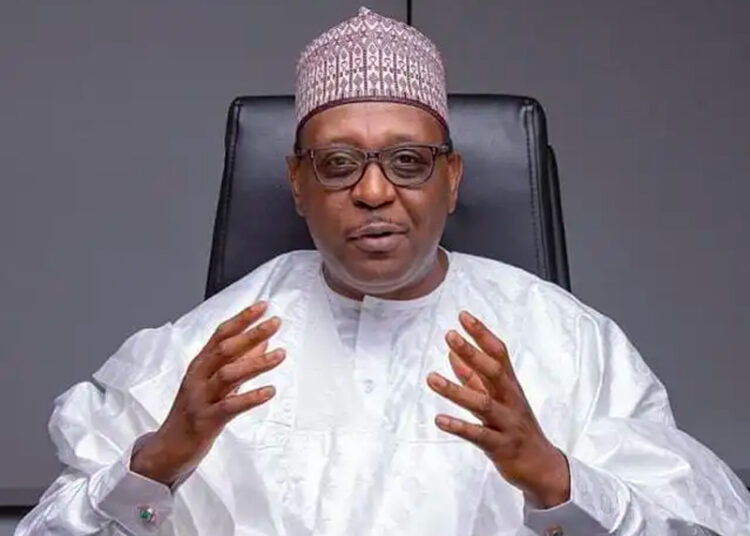Prof. Ali Pate, Nigeria’s Coordinating Minister of Health and Social Welfare, has announced the deployment of artificial intelligence (AI)-enabled digital X-ray technology and expanded rapid molecular testing to improve tuberculosis (TB) detection and treatment across the country.
Speaking at a press briefing in Abuja to mark the 2025 World Tuberculosis Day, Pate emphasized the government’s commitment to leveraging technology to identify and treat TB cases, particularly among vulnerable populations. “With mobile digital X-ray units equipped with artificial intelligence, we have significantly improved TB screening sensitivity, detecting even asymptomatic cases that would have been missed,” he stated.
Currently, 400 AI-powered mobile digital X-ray platforms are deployed across Nigeria, while the number of GeneXpert machines for TB diagnosis has increased from 32 in 2012 to 513 in 2024. Truenat machines have risen from 39 in 2022 to 372, and TB LAMP equipment expanded from 52 to 275 within the same period. These advancements have led to an increase in TB treatment centers from 12,606 in 2019 to approximately 23,000 in 2024.
Despite these efforts, Nigeria remains one of the hardest-hit countries, accounting for 4.6% of the world’s 10.8 million TB cases in 2023. A WHO report revealed that 71,000 Nigerians died from TB last year, with many cases undiagnosed due to limited testing facilities and funding shortfalls, exacerbated by the U.S. government’s halt in USAID TB programme funding.
To tackle these challenges, Pate reaffirmed the government’s commitment to expanding diagnostic and treatment services while increasing private-sector engagement. “We are leveraging community-based screening, AI-driven diagnostics, and innovative approaches to close gaps in TB care,” he said.
With the theme “Yes! We Can End TB: Commit, Invest, Deliver”, this year’s World TB Day underscores the need for sustained investment and community involvement. Pate urged Nigerians to utilize free TB testing and treatment services at designated health centers, stressing that early diagnosis is key to ending TB by 2030.




